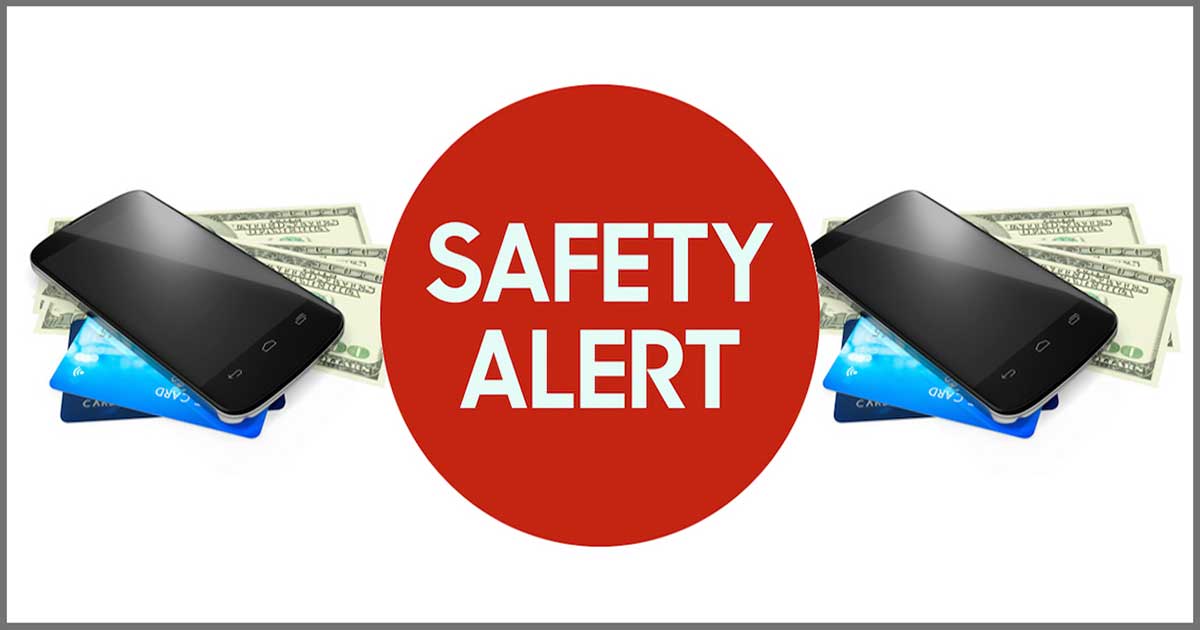In this modern day owning a cell phone is nothing out of the ordinary. In fact, it has become a part of our daily lives as having a meal or going to bed. There is also a risk factor for these devices which have wormed their way into our hearts and minds. And no, this time it is not about the dangers cell phones pose to your health. Rather, it is a peril which knocks from the outside world.
Imagine a regular day; your cell phone starts ringing all of a sudden. Naturally, you glance at it only to notice an unknown number demanding your attention. While staring at your screen with the caller ID on it, you take a quick moment or two to ponder whether you should pick up.
Well, such a simple and seemingly insignificant decision may yield either a good or a bad result. And naturally, we all would prefer to avoid the bad results of our decision making.
The thing is, the unknown number may be a phone scam which would only leave you in a pricey trap.
Even the police are putting out warnings for the general public not to fall for such things. For, you see, if you do end up falling for it, you may very well end up a few hundred (or even thousand!) dollars short in your bank account.
This is so charmingly known as the One-Ring Phone Scam. And, really, is just a more modernized version of one of, literally, the oldest tricks in the book.
And yet, somehow, we humans still manage to fall for them.
One-Ring’s The Name, Scamming’s The Game
There have been cell phone-related scams in the past in which crooks would pretend to be agents from the IRS and thus successfully trick you into giving your financial information without thinking twice.
However, this particular scam works differently. Its primary purpose is to get people make international calls, which are naturally expensive, with no real idea. That way, those sneaks can automatically connect you to a pay-per-minute phone line. Over which, of course, they have complete control. Then come the important info demands.
Now, I know what you think. We all believe we could never be so gullible as to fall for something like that. But it can happen to anyone at any time, and it only takes an instant. So police are making sure more and more people are aware of the danger of calling back an unidentified caller.
Virginia’s Caroline County Sheriff’S Office had even posted a warning on their Facebook page about this particular scam.
In it was an explanation of said scam and, basically, the criminals call individuals and households using a number cleverly disguised as an everyday digit. But those numbers are in reality foreign and conveniently appear like a domestic one.
The previously mentioned Facebook post also includes a link which leads you to a fact sheet made by the FCC. They warn that while the phone numbers appear domestic with their three-digit area codes, they are anything but.
What they really are is international pay-per-call. Most of them are from Eastern Europe, Canada or the Caribbean. The most widely used scammer area code is 268. Other codes to take heed of are as follows:
- 809
- 268
- 473
- 284
- 876
What is even sneakier is, they tend to disconnect after just one ring, making them tempting to their potential victims. The advice of the day? If you don’t recognize a number on your caller ID, just ignore it.
But if you’ve already fallen prey to such scams, don’t hesitate to contact the FCC for failing a complaint. You can inform your phone company too. And, once again, remember, never answer unfamiliar area codes.
Source David Wolfe | FCC Image Source Good House Keeping

